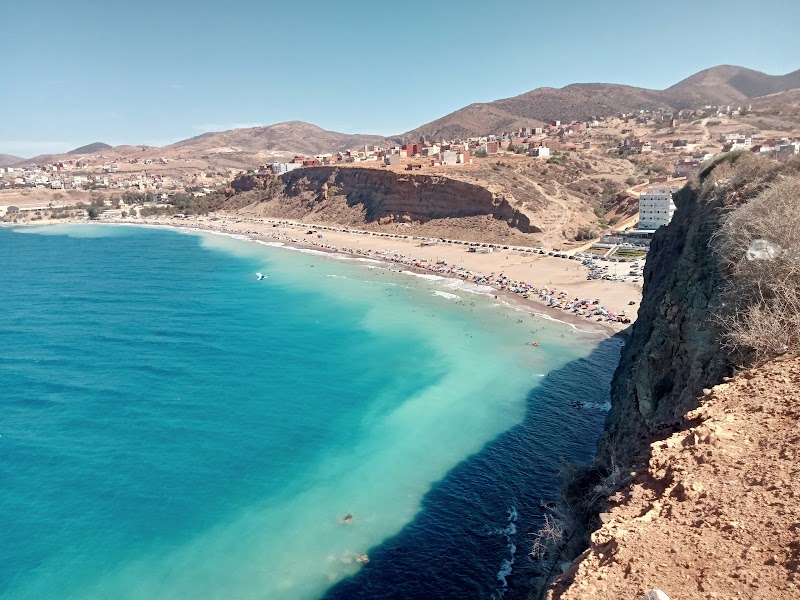
Marchica Lagoon Protected Area Adventures
Marchica Lagoon Protected Area is a vital coastal wetland ecosystem in northeastern Morocco known for its rich biodiversity, especially birdlife, and offers opportunities for eco-tourism and nature observation.
About Marchica Lagoon Protected Area

Marchica Lagoon is a large coastal lagoon located near the city of Nador in northeastern Morocco, along the Mediterranean Sea. Covering an area of approximately 42,000 hectares, it is one of the most important wetlands in the western Mediterranean basin. The lagoon is separated from the sea by a series of sandbars and barrier dunes, with several freshwater inputs from small rivers and streams. This mix of saline and freshwater environments creates a valuable habitat for a diverse range of flora and fauna. Marchica Lagoon was designated a protected area due to its ecological importance, particularly as a critical stopover for migratory birds along the East Atlantic Flyway. It supports dense populations of waterfowl, flamingos, herons, and other bird species, some of which are endangered or rare. The area around the lagoon also includes marshes, reed beds, and salt marshes that nurture a variety of fish, amphibians, and invertebrates. Historically, the lagoon and its surroundings have supported traditional fishing, salt harvesting, and reed gathering, practices that continue with modern conservation frameworks focusing on sustainable use. Visitors to Marchica Lagoon Protected Area can enjoy birdwatching, boat tours, and coastal hikes that offer spectacular views of the wetlands and adjacent marine environments. The protected area also plays an essential role in environmental education, research, and raising awareness about wetland conservation. Though not heavily developed for tourism, the region is increasingly recognized for eco-tourism potential and offers a peaceful natural setting away from urban centers. Nearby towns like Nador provide access and accommodations for visitors interested in exploring this unique Mediterranean wetland.
Highlights
Large seasonal flocks of flamingos and diverse migratory birds
Extensive reed beds and salt marshes supporting unique wetland species
Traditional fishing villages preserving sustainable cultural practices
Boat excursions offering close observation of birdlife in lagoon channels
Notable Natural Features
Marchica Lagoon
A shallow coastal lagoon providing critical habitat for migratory birds and supporting rich biological diversity.
Barrier Sand Dunes
Natural sand barriers that separate the lagoon from the Mediterranean Sea, contributing to the lagoon's unique salinity gradients.
Traditional Fishing Villages
Small villages that maintain centuries-old sustainable fishing and reed harvesting practices important to local culture and economy.
